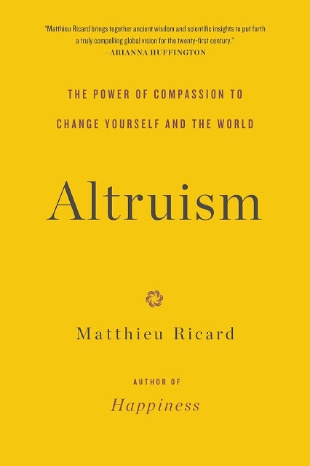"Let's remember as well the boldness of the 'unknown rebel' who on June 5, 1989, on an avenue in Beijing, stood in front of a tank, immobilizing for thirty minutes a column of seventeen other tanks that had just broken up the freedom demonstration by the Chinese movement for democracy in Tiananmen Square. He managed to climb up onto the front of the tank and supposedly said to the driver: 'Why are you here? My city is in chaos because of you. Turn around and stop killing my people.' Here again we see a blend of resolute indignation against tyranny and concern for others. No one knows what happened to him, but the image of his confrontations with the blind power of totalitarianism was broadcast all over the world, and he became a universal hero.
"Purely out of compassion, Maximilien Kolbe, a Franciscan priest imprisoned in Auschwitz, volunteered to be executed to take the place of another prisoner, a man with a wife and children. This man, along with nine others, had been condemned to die of hunger and thirst as revenge for the escape of another prisoner. Such examples seem to surpass our ordinary abilities, even though many parents, mothers especially, feel ready to sacrifice their lives to save their children. In the end, stories of heroic deeds emphasize the depth of kindness inherent in human nature and remind us that human beings are capable of the best as well as of the worst. About the 'banality of heroism,' Philip Zimbardo writes, 'Most people who become perpetrators of evil deeds are directly comparable to those who become perpetrators of heroic deeds, alike in being just ordinary, average people.' In given situations at particular moments, the interaction between circumstances and each person's temperament tips the scale toward altruism or selfishness, toward pure compassion or the worst cruelty."
